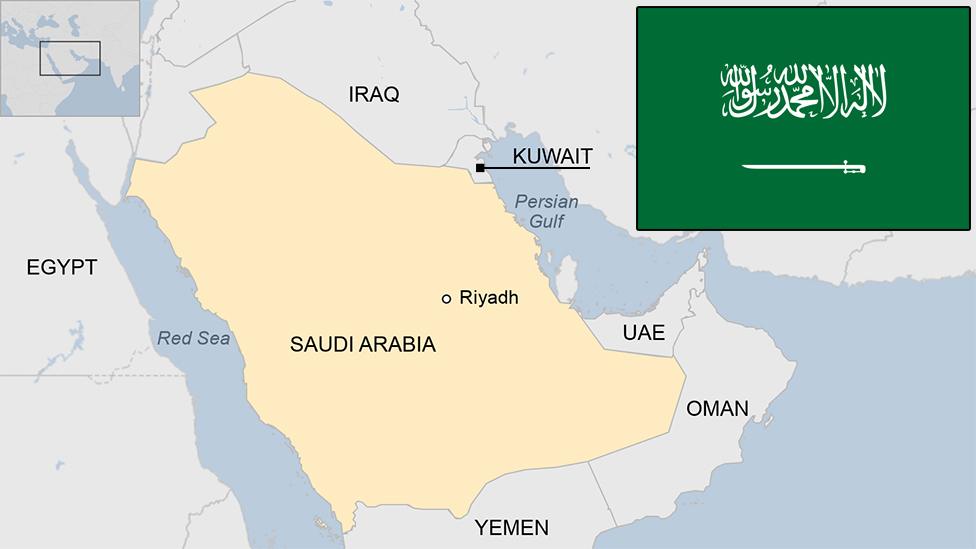Hajj disaster fallout puts pressure on Saudis
- Published
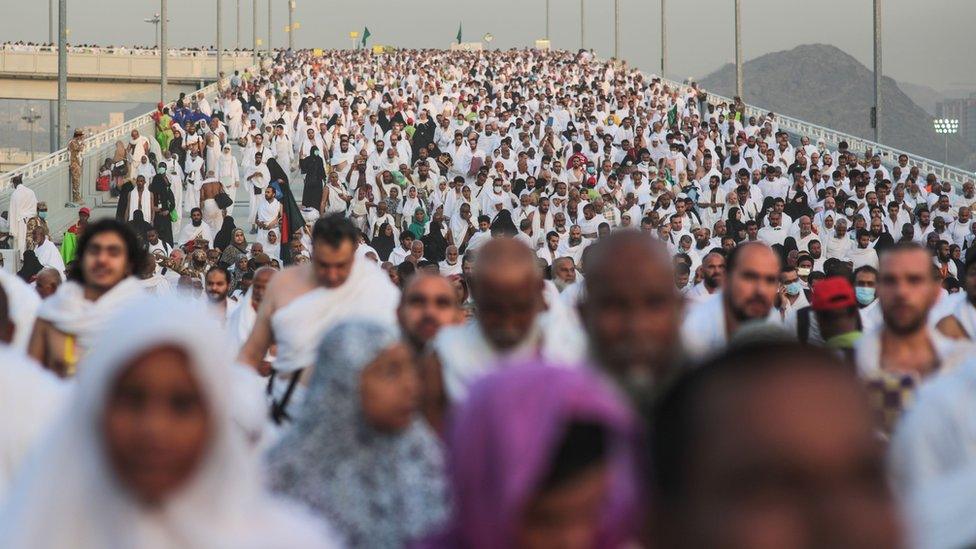
The scale of the Hajj is an annual major challenge for the Saudi authorities
It is a matter of immense prestige for the Saudi royal family that it hosts the Hajj. Saudi kings have proudly adopted the title of Custodian of the Two Holy Mosques.
But the honour carries a heavy responsibility too.
The Saudis feel they have lived up to this by spending billions on expanding Mecca and Medina and improving the transport and infrastructure to try to ensure that the huge mass of humanity that converges on Islam's holiest sites is able to move as smoothly and safely as possible.
But a tragedy on this scale calls into question Saudi Arabia's ability to manage such an extraordinary logistical challenge.
Why do millions gather in Mecca every year?
In pictures: Aftermath of the stampede
The Saudis have been less opaque about providing information than they have been in the past. King Salman went on television just hours after the disaster to promise a comprehensive review of the way the Hajj is run. A full investigation has also been promised as rumours are starting to fly over what might have happened.
Chorus of criticism
But whatever such a probe may conclude, there is bound to be scepticism that it will find fault with anyone too close to the royal family or political elite.
Suggestions by Saudi officials that the pilgrims themselves were essentially responsible by not following safety instructions are unlikely to have helped the country see off a growing chorus of criticism.
That chorus has been led by the Saudis' main regional rival, Iran. Its Supreme Leader, Ayatollah Khamenei, intervened swiftly to denounce the Saudis. A senior Iranian official has since accused Riyadh of incompetence.
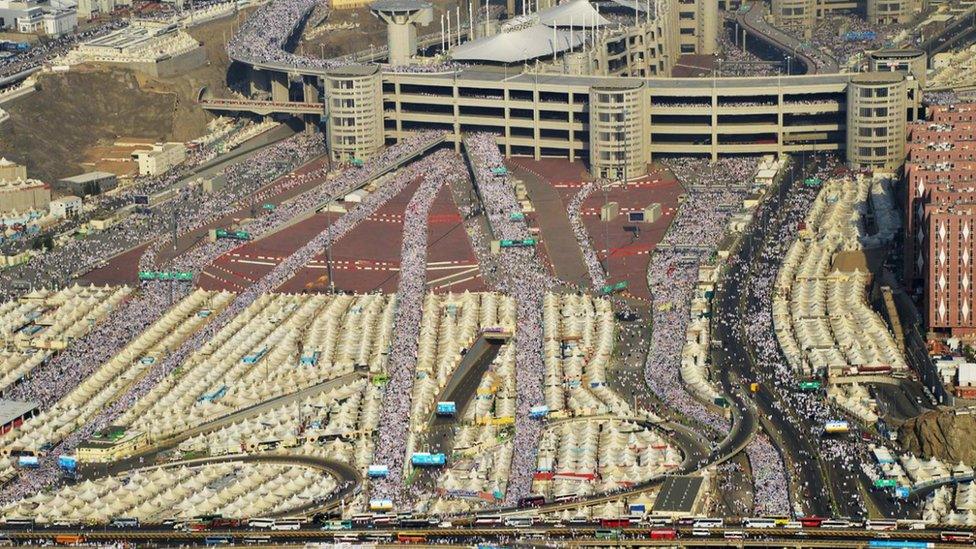
The crush happened as crowds headed towards the Jamarat pillars for the ritual of stoning the devil
In Syria - where the Saudis are seeking the removal of President Assad - government newspapers have taken a similar line, with one, al-Baath, accusing the Saudi government of failing to manage the Hajj properly.
But the Iranians and Syrians are not alone in insisting that the Saudis have questions to answer.
The head of the Nigerian delegation in Mecca, Sanusi Lamido Sanusi, says the circumstances of the disaster need to be looked at more closely.
"First of all, as we all know, the incident happened not at the stoning of the devil's site, it happened on the designated ways for incoming and outgoing pilgrims to the site crossing each other, which shouldn't be so," he said.
"We are therefore urging the Saudi authorities not to apportion blame to the pilgrims for not obeying instructions."
On social media, a hashtag in Arabic that reads "Saudi administration has failed" has been trending. It has been met by a response in another hashtag that calls on Saudis to defend their country against a "conspiracy".
Ammunition for enemies
There has also been reaction from supporters of so-called Islamic State (IS), which has recently turned its attention towards Saudi Arabia, bombing several Shia mosques there.
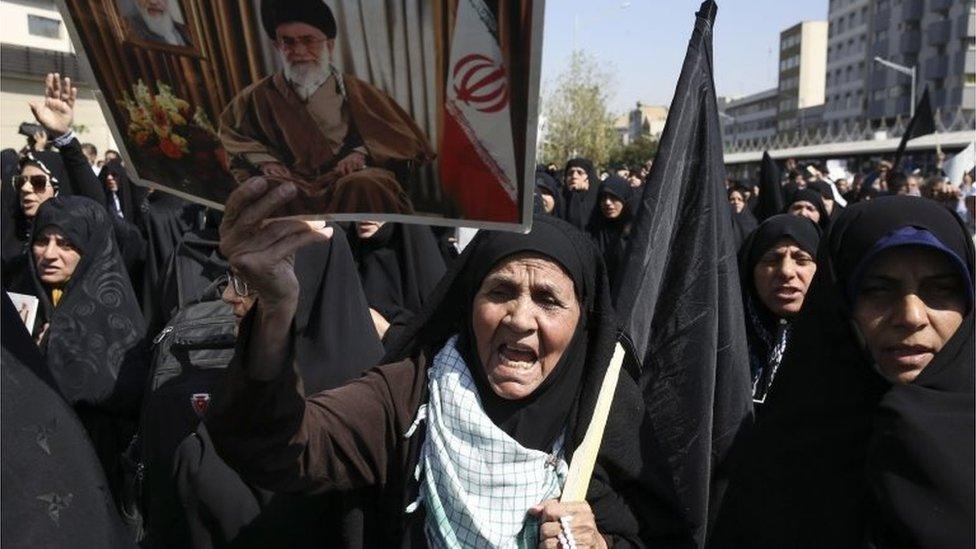
Saudi Arabia has seen a backlash over its handling of the disaster
One IS supporter tweeted: "They came from remote & far destinations for their hajj but were mistreated/killed by the Saudi... mismanagement".
There is no doubt that Saudi Arabia's rivals and enemies will use the disaster to score political points.
With Saudi Arabia under King Salman, and the younger team of advisers that surround him, taking a far more pro-active and visible role in the region than it has in the past, there is no shortage of potential critics.
The war in Yemen, Saudi support for jihadist rebels in Syria, the fall in oil prices - all these factors have put Saudi Arabia and its still relatively new leadership under the spotlight.
Social divide
But deeper concerns have been voiced, too.
There has long been controversy over the way the Saudis have carried out the multi-billion dollar expansion of Mecca, Medina and other holy sites. Some scholars have bemoaned the destruction of relics of the region's history dating back to the Prophet Mohammed's time.
Under the Saudis' strict Wahhabi code, this is acceptable - but others lament the loss of such irreplaceable vestiges of Islam's history.
BBC reporter Tchima Illa Issoufou: "I lost my aunt as a result of the stampede"
Some also feel that the building of glossy new hotels and shops in Mecca may detract from the sense of sanctity in the city.
The fact the Saudis are reported to make billions out of running the Hajj has led to criticism in some quarters that they may be more interested in catering for the rich, who stay in luxury hotels and tents, rather than the ordinary mass of pilgrims.
One eyewitness, who was caught up in the midst of the deadly crush of people on Thursday, gave a sense of an "us and them" divide when he told the BBC of how he tried to escape:
"On the left side and the right side there were tents. They closed their doors and said sorry, we can't let anyone enter. I asked the question: if you'd only open your doors, people would only come into your tent just for five or 10 minutes. And I say then, no-one would have died."
It is testimony like this that may cause the Saudis the biggest anxiety - with its implication that despite all the billions that have been spent on development of the holy sites, there may not be enough attention paid on the basic human level of dealing with the mass influx of pilgrims so that all are treated equally, as the simple white clothes they assume on entering Mecca are meant to symbolise.
- Published25 September 2015
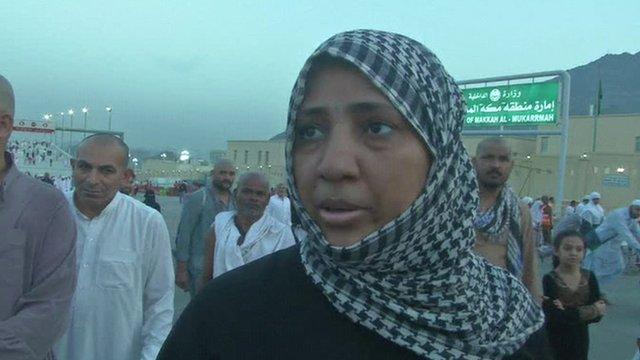
- Published25 September 2015
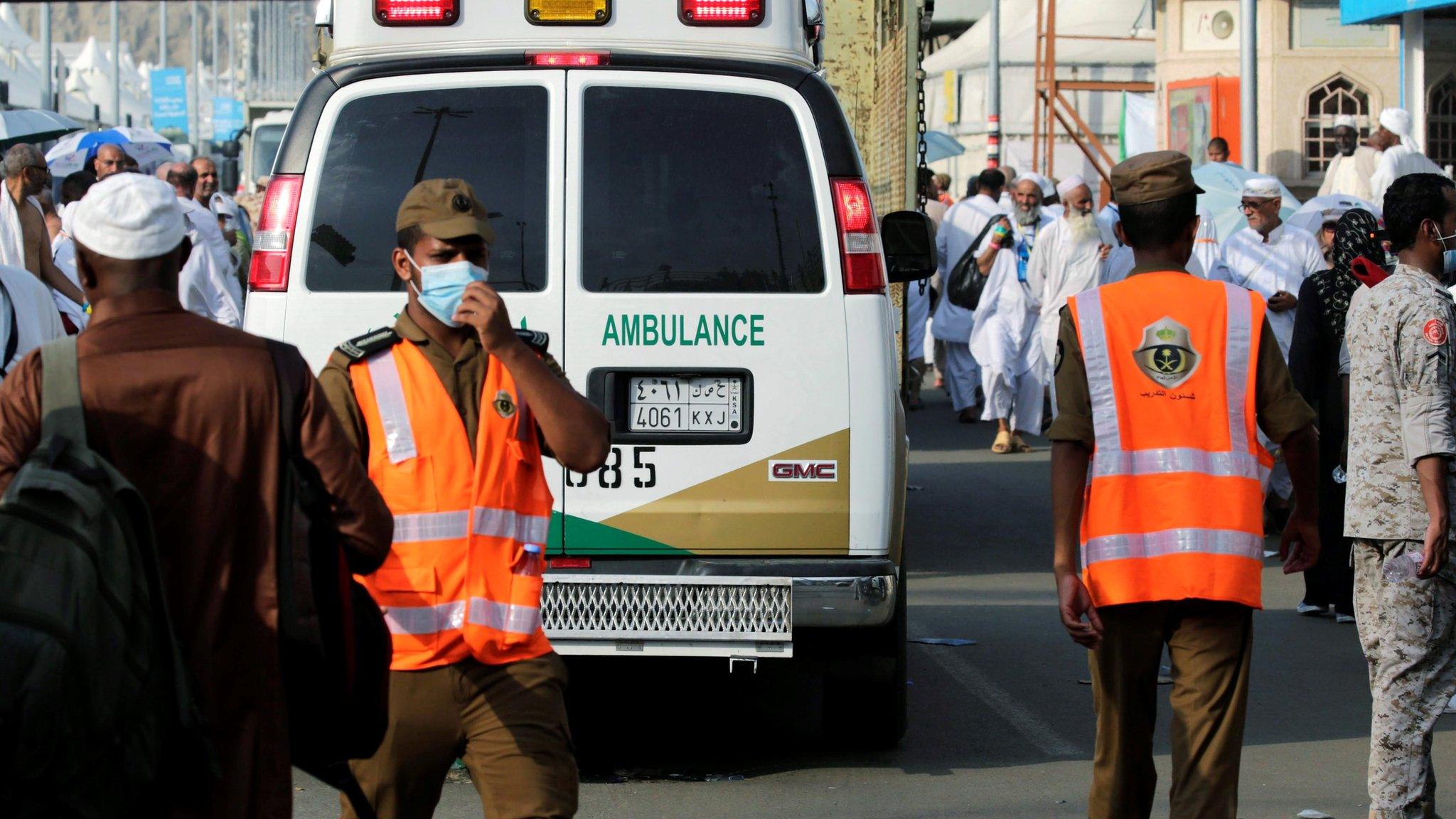
- Published25 September 2015
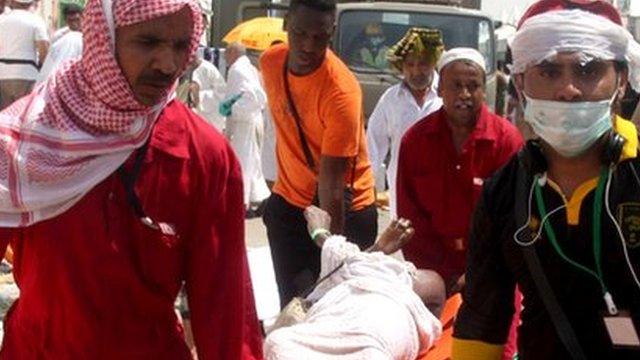
- Published25 September 2015
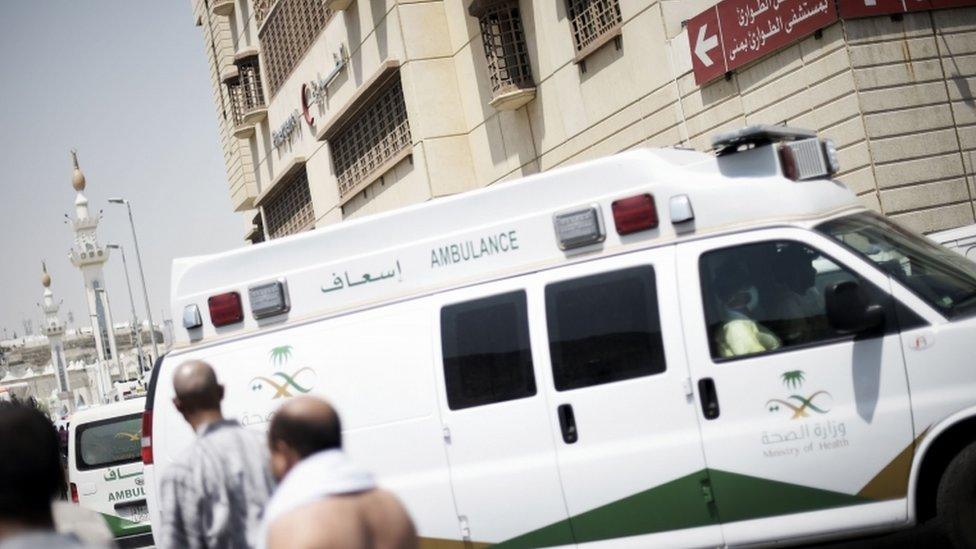
- Published24 September 2015
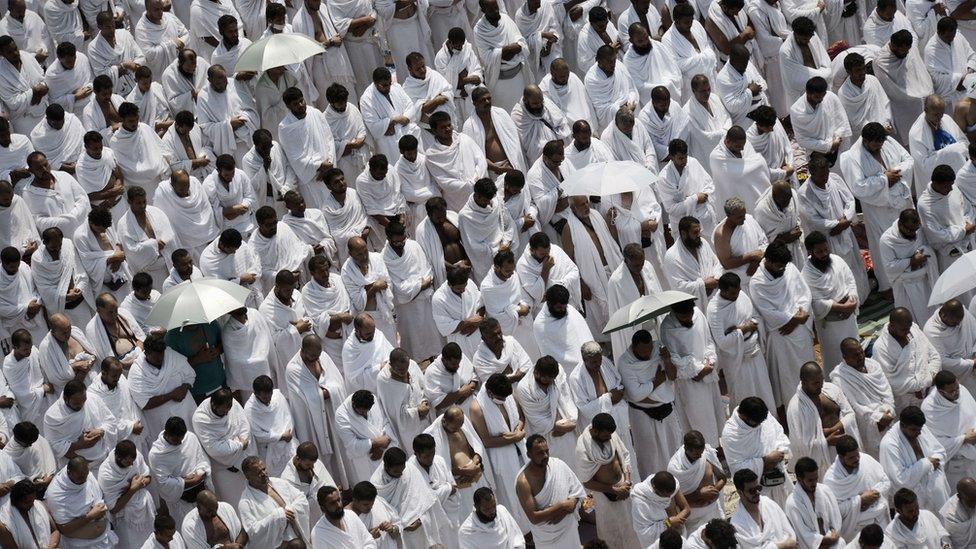
- Published24 September 2015
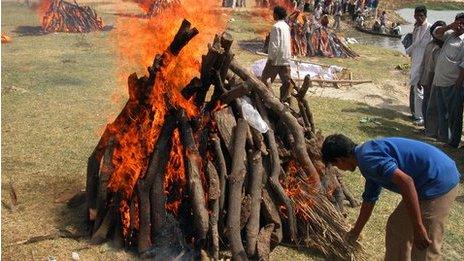
- Published24 September 2015
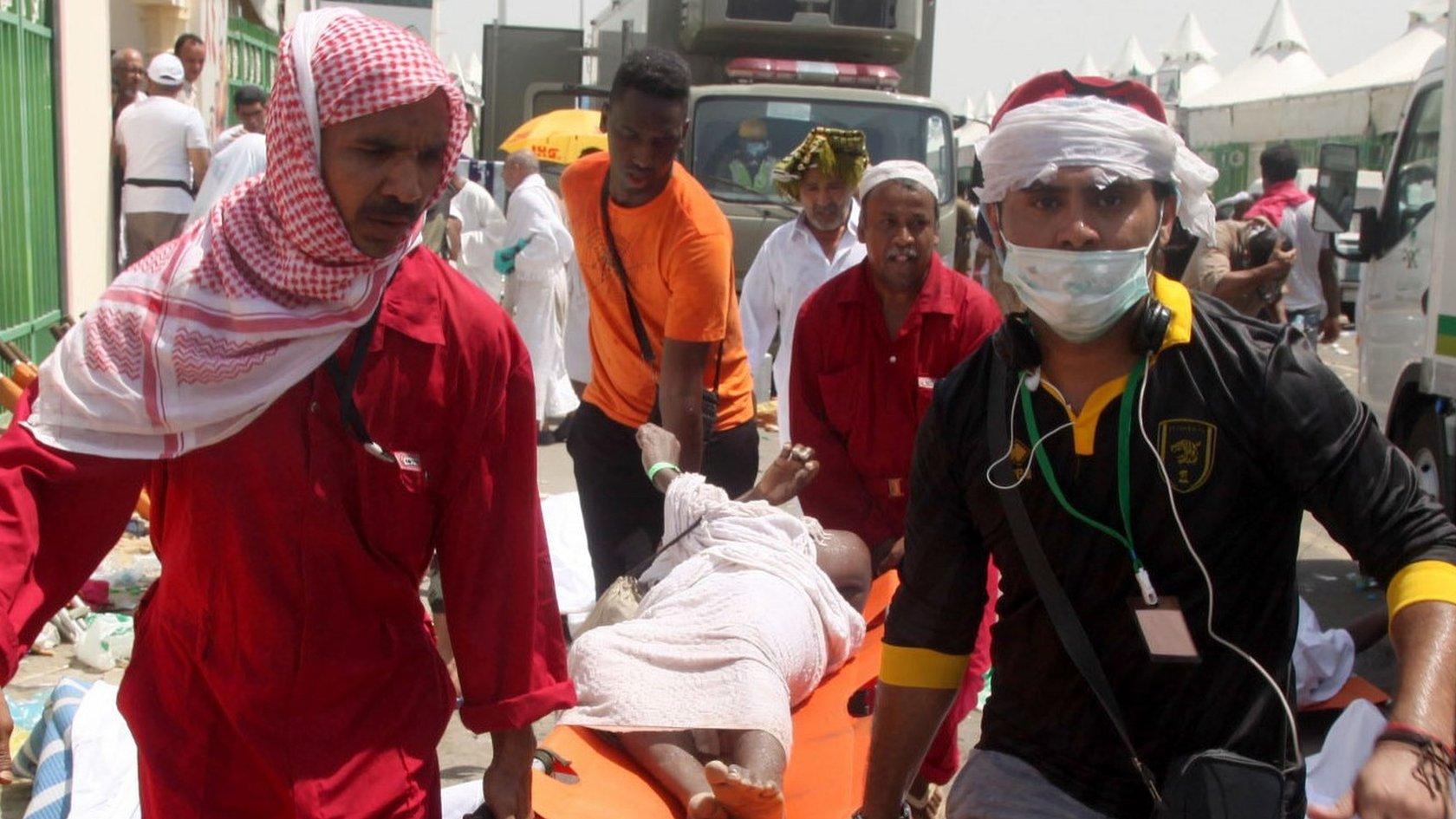
- Published24 September 2015
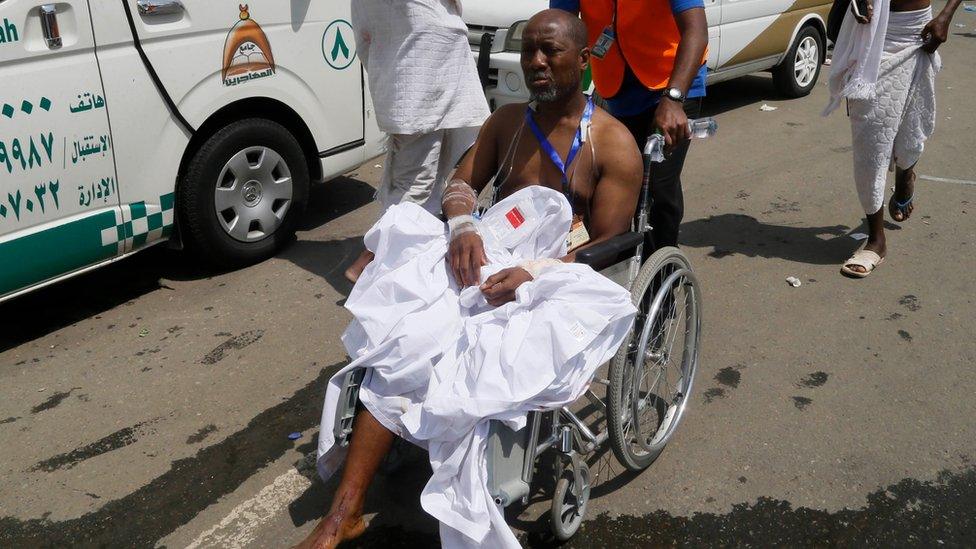
- Published24 September 2015
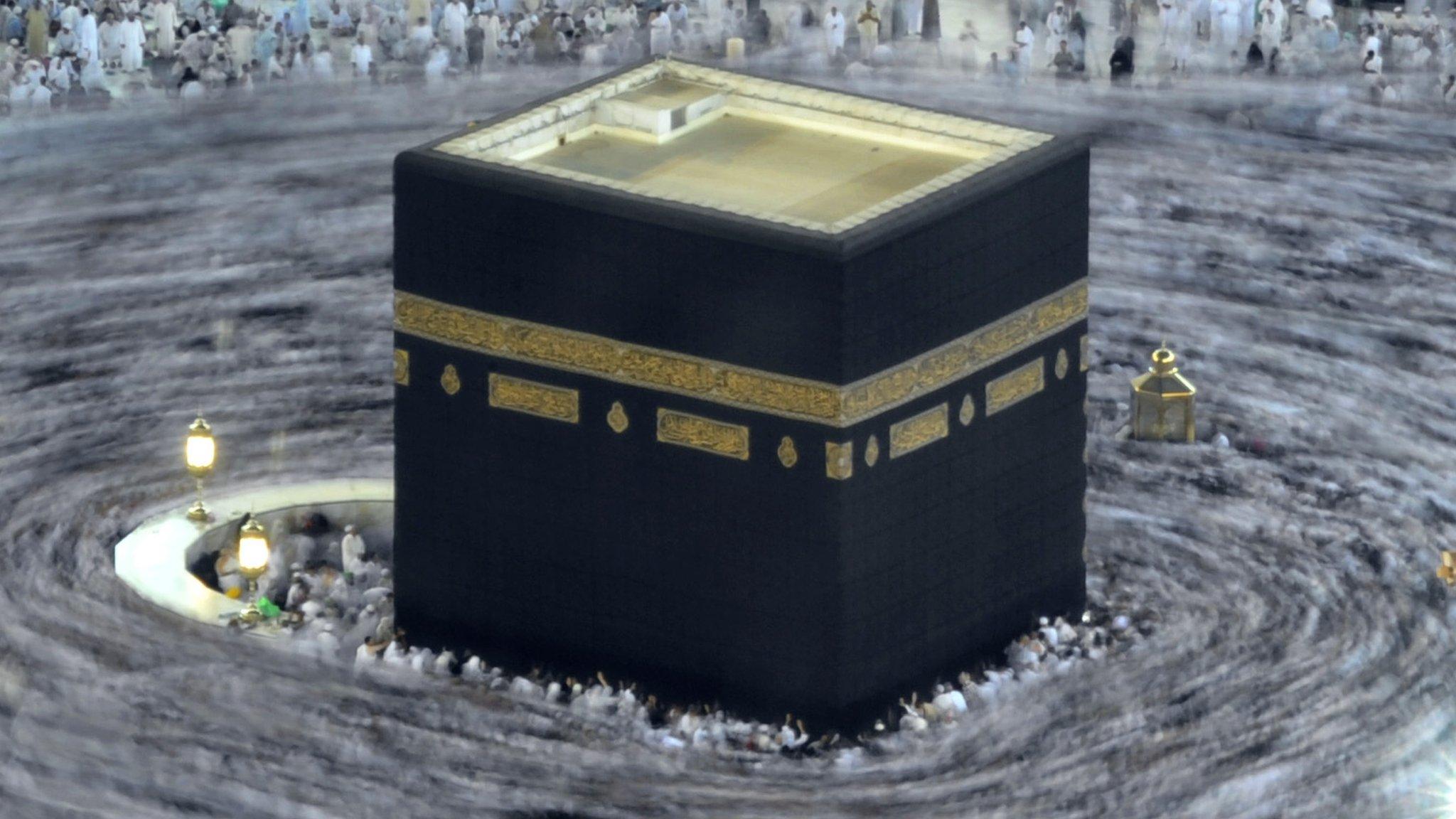
- Published24 September 2015
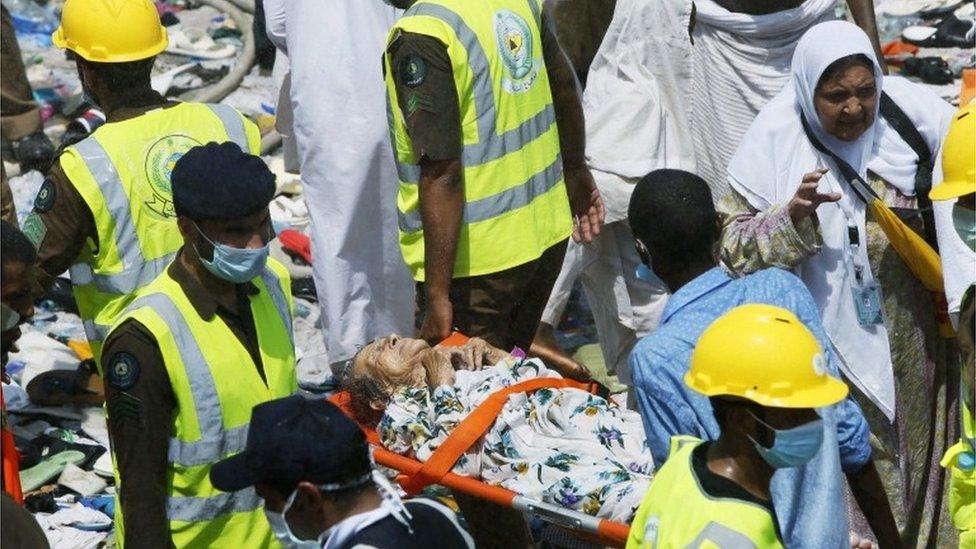
- Published12 September 2015
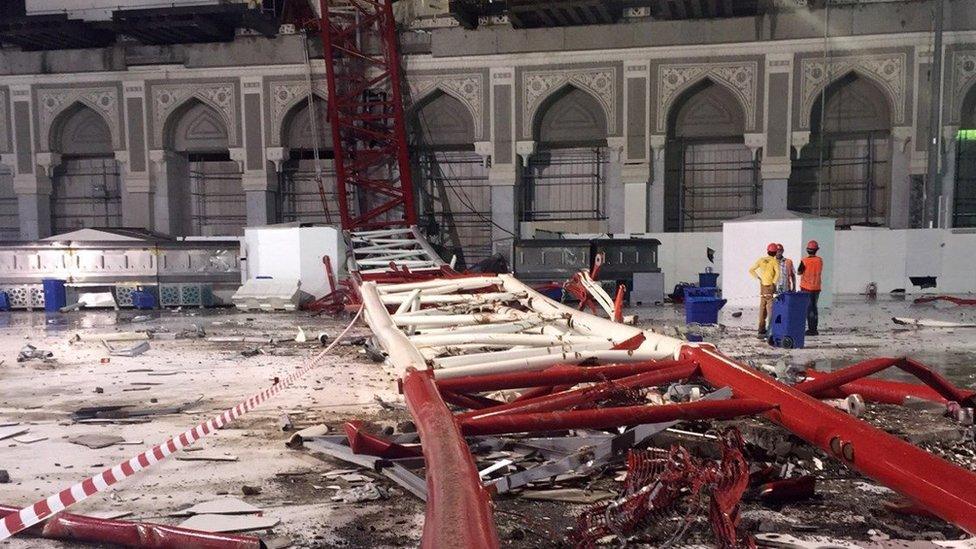
- Published29 August 2023
